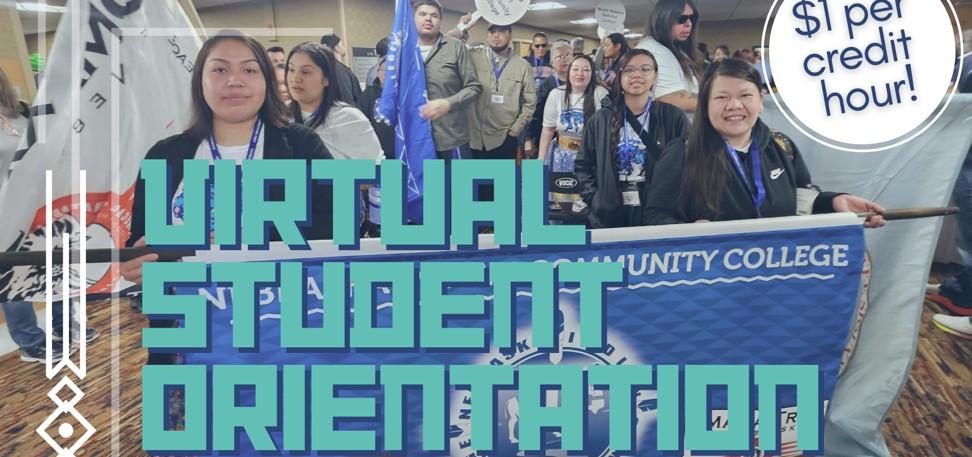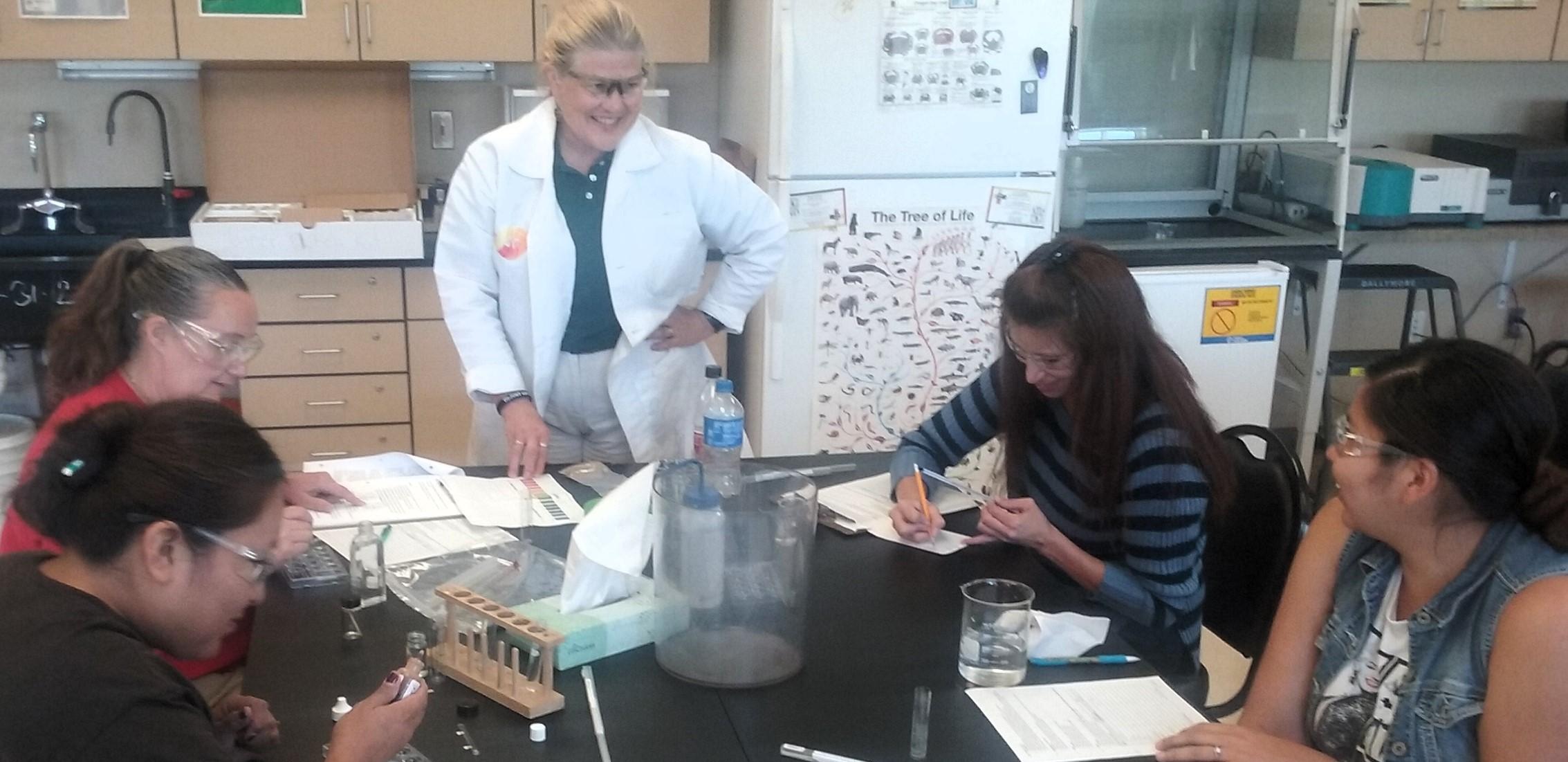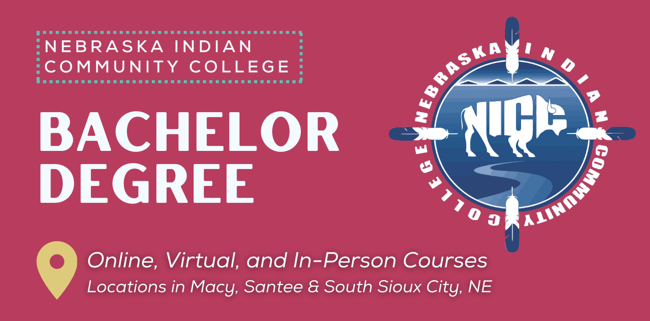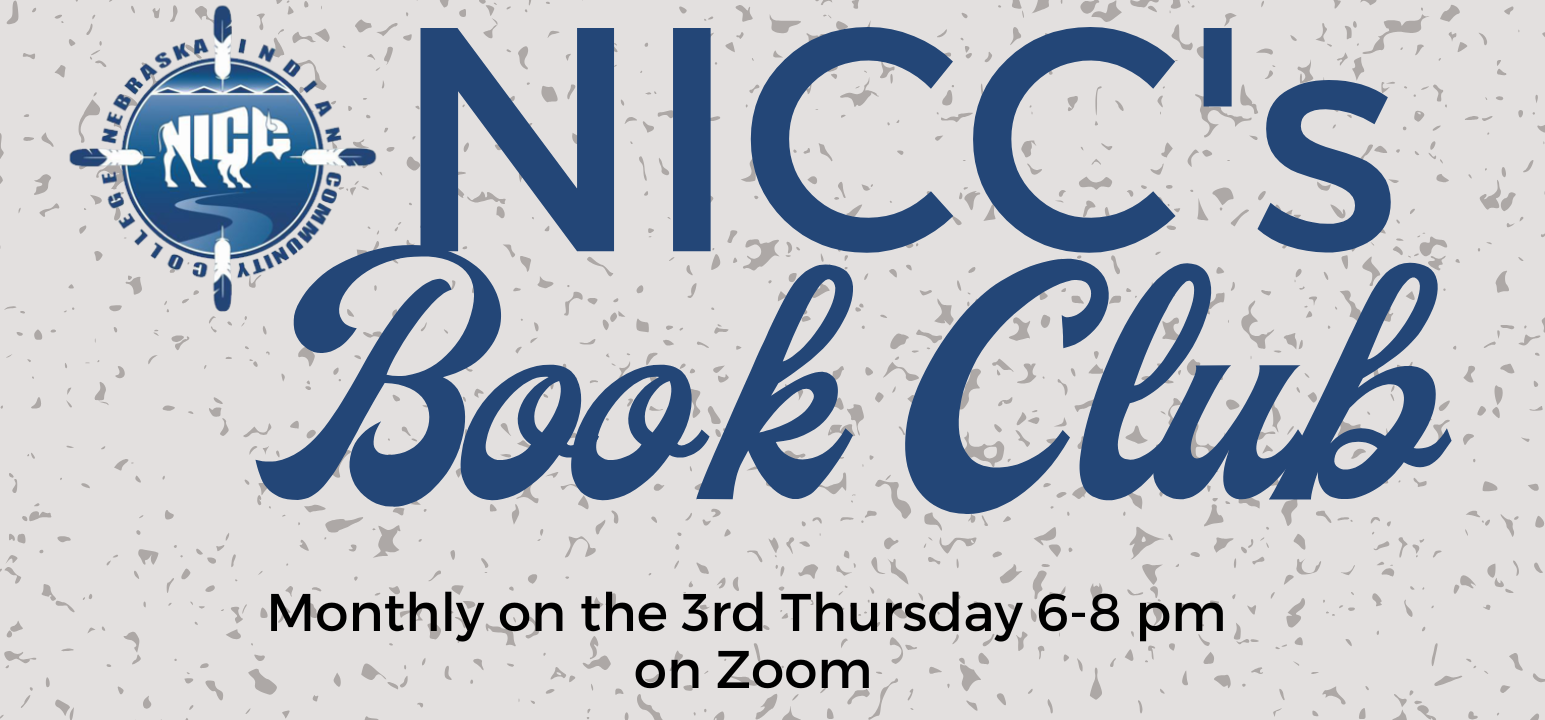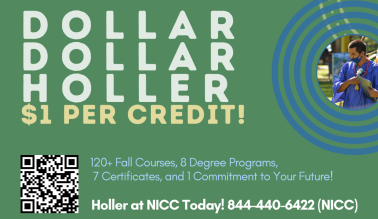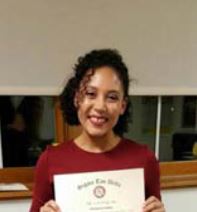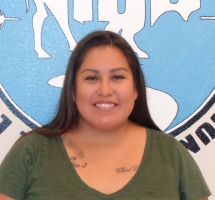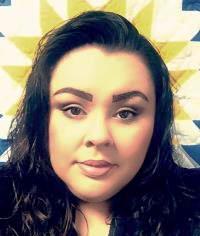NICC QUICK LINKS
COLLEGE FACTS
NICC is focused on preserving and revitalizing the cultures of the Omaha and Santee people and providing access to a quality higher education.
Macy, Santee, and South Sioux City, Nebraska.
News
View All News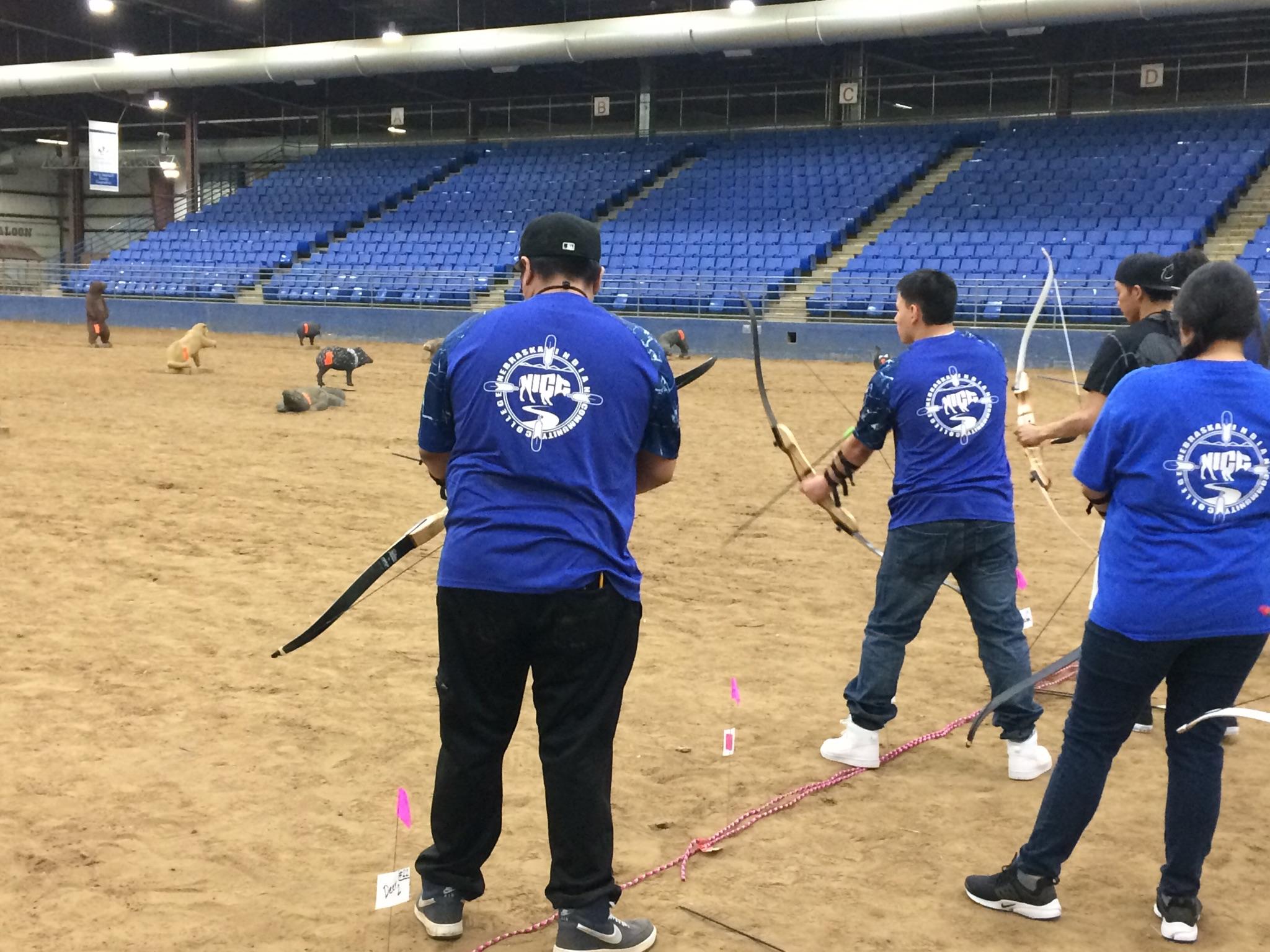
EXCELLENCE
From the Classroom to Competition
See how you will excel through scholarship, research, athletics and other competition.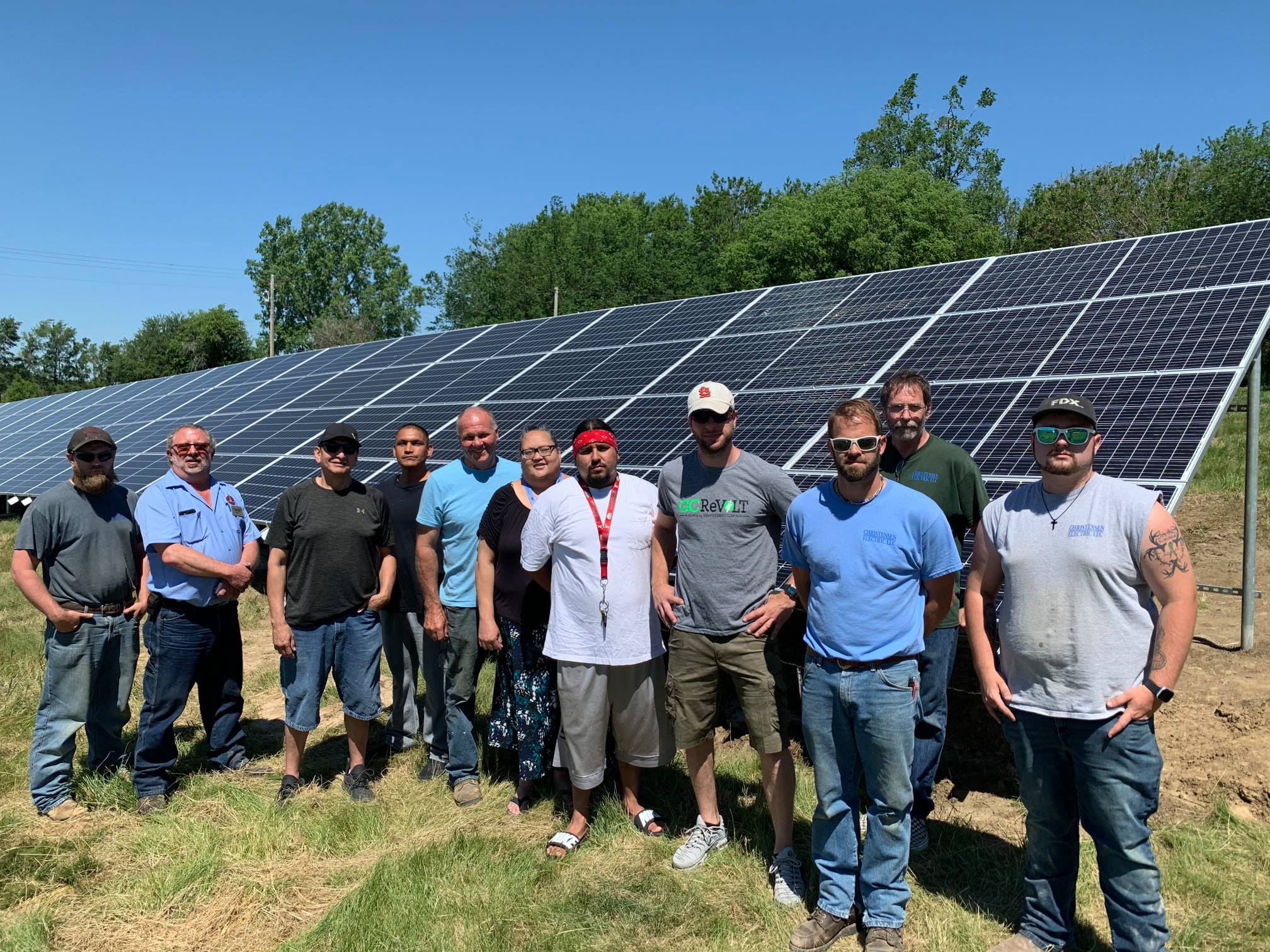
COMMUNITY
More Ways to Learn
Read how you will join Nebraska Indian Community College’s students engaged in educational experiences that strengthen and enrich our communities.

